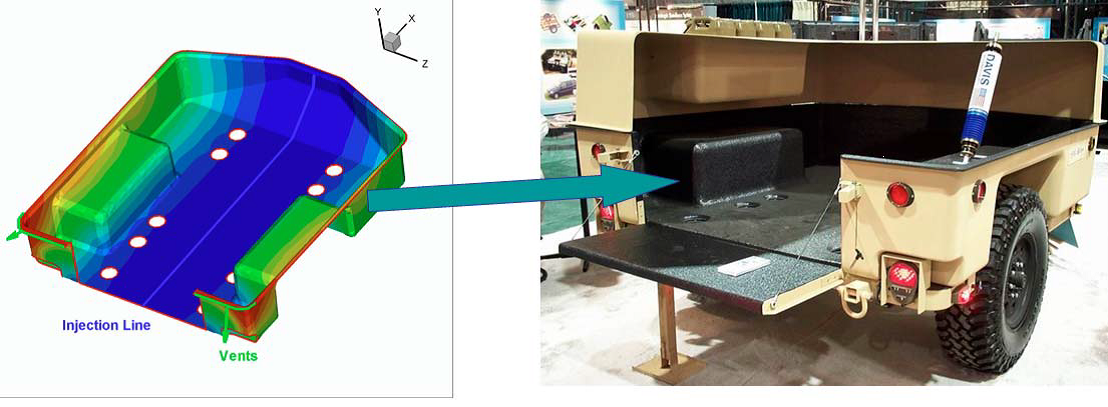2B: Emerging Role of Process Models and Simulations in Composites Manufacturing
Abstract
This talk will highlight the ever increasing benefits of process modeling in Composite Manufacturing processes. First, the use of science base approach of materials processing, which integrates material parameters with transport phenomena at various scales during manufacturing to create multi-physics models will be discussed. Next the importance of implementing these models in fast and open architecture simulations that can be seamlessly interfaced with optimization, functional design and process control tools to improve the yield of the process despite the variability in the incoming materials and process parameters will be demonstrated. The use of such simulations in transportation, wind and energy storage applications will be presented. Automation can be introduced with tailored equipment designs that rely on sensors and simulations interfaced with actuators to address variability and disturbances in the process. Examples where this has been demonstrated on a laboratory scale will be presented for Liquid Molding processes such as Resin Transfer Molding, Vacuum Assisted Resin Transfer Molding and Compression Resin Transfer Molding. This approach naturally lends itself to Digital Twins and Industry 4.0 Manufacturing.

Figure 1: Mold Filling Simulation of a Tractor Trailer Bed through a center line gate injection with last regions to fill at the corners. Such simulations can be integrated in Digital Twin Designs in the Future for Industry 4.0 Manufacturing
Speakers
Prof. Suresh Advani
University of Delaware, USA